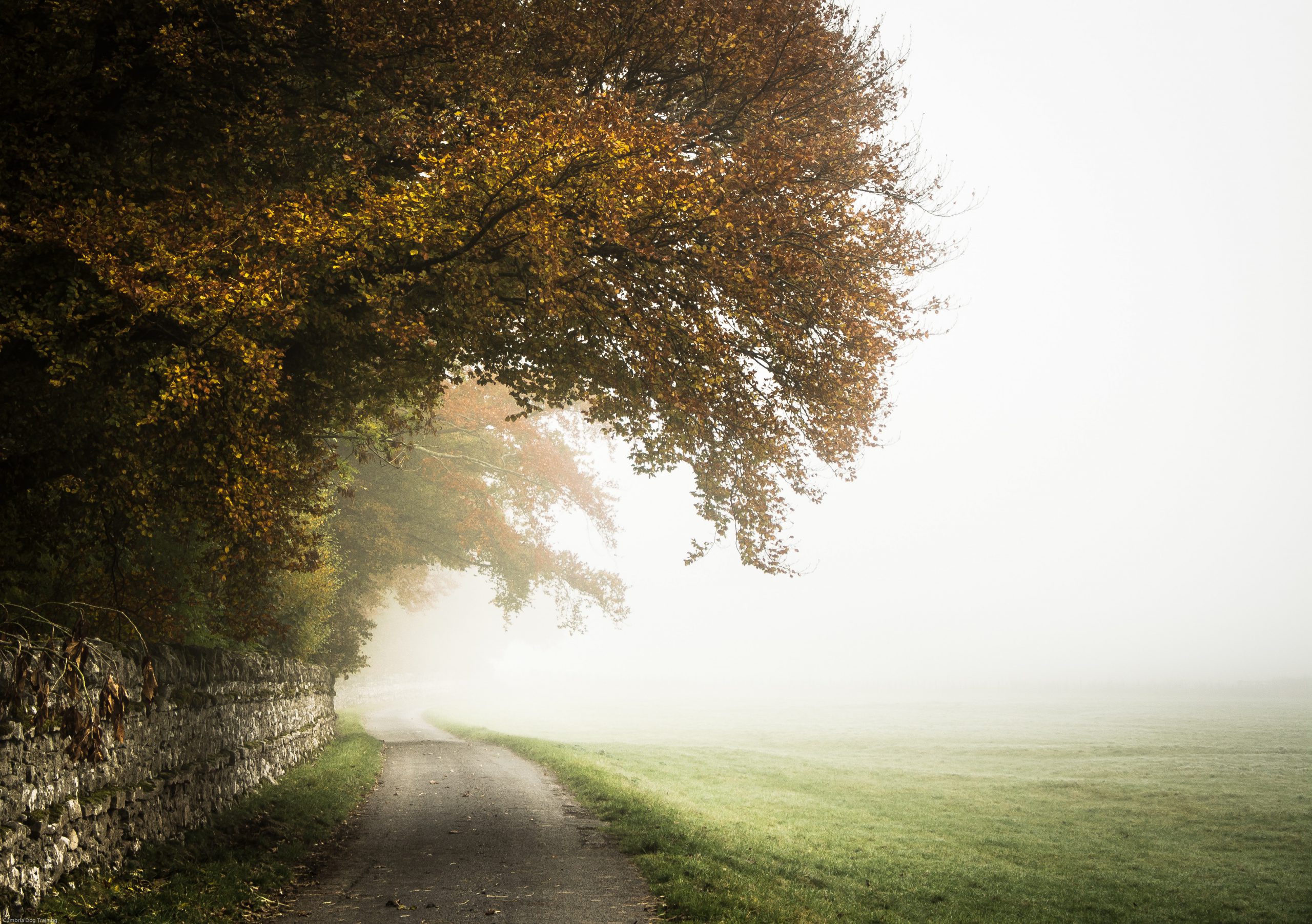
‘The Battle of Lexington’
Lemuel Haynes (1753-1833) was raised as an indentured servant in Massachusetts before eventually acquiring his freedom in 1774. He was a veteran of the Revolutionary War, having fought in battles like the siege of Boston and Ethan Allen's assault on Fort Ticonderoga. A devout and theologically-minded Christian, influenced by the teachings of Jonathan Edwards and George Whitefield, Haynes eventually entered the ministry, pastoring churches in New York and in Vermont. He holds the notable distinction of being the first black pastor of an all-white congregation in U.S. history. Haynes was an accomplished writer and orator, as well, and today, in recognition of America's Indedpendence Day, we share one of his better-known poems.
——
"The Battle of Lexington"
The Nineteenth Day of April last
We ever shall retain
As monumental of the past
Most bloody shocking Scene
Then Tyrants fill’d with horrid Rage
A fatal Journey went
& Unmolested to engage
And slay the innocent . . .
At Lexington they did appear
Array’d in hostile Form
And tho our Friends were peacefull
there
Yet on them fell the Storm
Eight most unhappy Victims fell
Into the Arms of Death
Unpitied by those Tribes of Hell
Who curs’d them with their Breath
The Savage Band still march along
For Concord they were bound
While Oaths & Curses from their
Tongue
Accent with hellish Sound
To prosecute their fell Desire
At Concord they unite
Two Sons of Freedom there expire
By their tyrannic Spite
Thus did our Friends endure their Rage
Without a murm’ring Word
Till die they must or else engage
And join with one Accord
Such Pity did their Breath inspire
That long they bore the Rod
And with Reluctance they conspire
To shed the human Blood
But Pity could no longer sway
Tho’ ‘t is a pow’rfull Band
For Liberty now bleeding lay
And calld them to withstand
The Awfull Conflict now begun
To rage with furious Pride
And Blood in great Effusion run
From many a wounded Side
For Liberty, each Freeman Strives
As it's a Gift of God
And for it willing yield their Lives
And Seal it with their Blood
Thrice happy they who thus resign
Into the peacefull Grave
Much better there, in Death Confin’d
Than a Surviving Slave
This Motto may adorn their Tombs,
(Let tyrants come and view)
“We rather seek these silent Rooms
Than live as Slaves to You”

